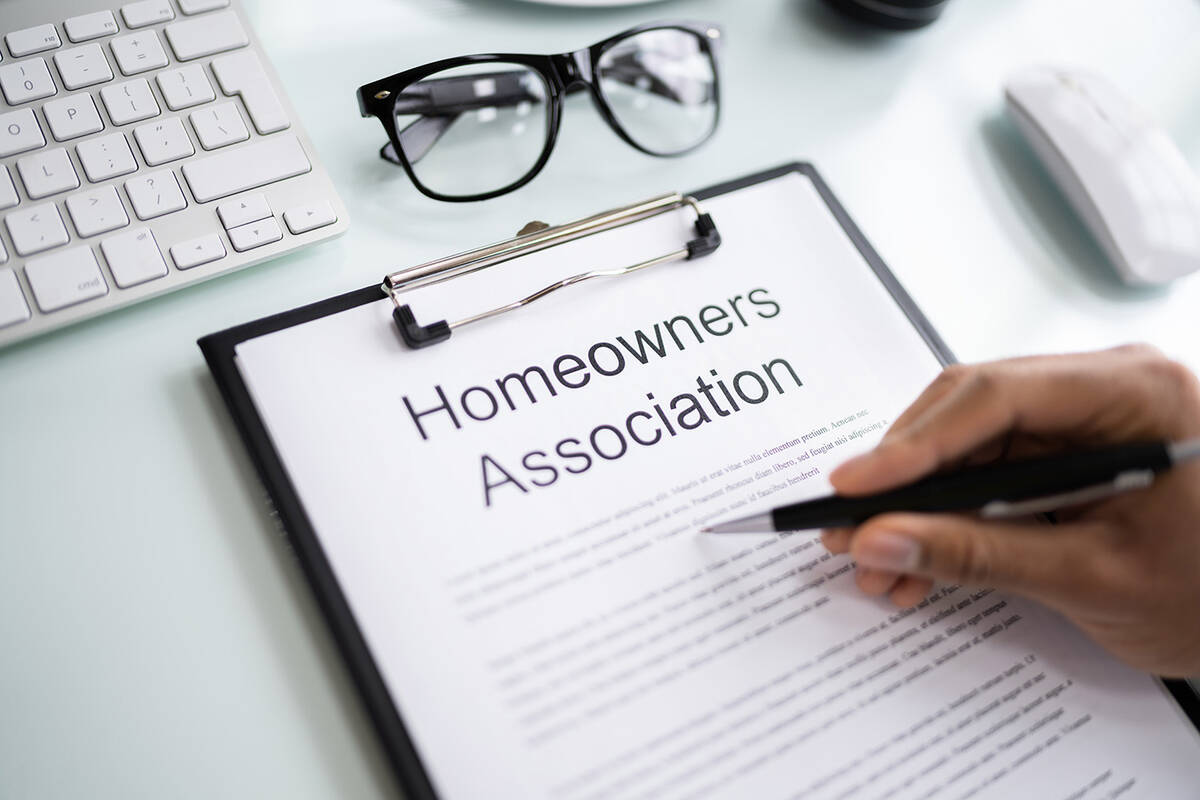Homeowner fights HOA board to get pergola
Q: I originally submitted an application for a 12-foot-by-24-foot pergola, but the homeowners association restricted me to a 12-foot-by-12-foot size. In an effort to compromise, I attended the board meeting and requested a reduced size of 12-foot-by-20-foot, yet my request was still denied. The only reason given was “aesthetics,” though I have observed — and taken photos of — other homes in the community with larger structures such as pergolas, gazebos and even a baseball cage, many of which have been in place for quite some time.
I temporarily placed my freestanding pergola to see the difference in aesthetics. A few days later I saw the community ambassador driving around taking pictures. So, I assume I’ll be getting a violation.
I’ve carefully reviewed the covenants, conditions and restrictions and bylaws, and I found no language specifying dimensions or size limitations for such structures. The board’s explanation: The Architectural Review Committee bases decisions on “overall impact, aesthetics and consistency,” appears subjective and inconsistent when other large structures remain in place without enforcement.
This is particularly concerning under Nevada Revised Statutes 116.31065, which requires associations to adopt and enforce rules in a uniform and reasonable manner. Selective enforcement undermines fairness and may expose the board to claims of discrimination or arbitrary decision-making.
I also shared with the board that this pergola is intended for my son, who is autistic and thrives on outdoor time, yet my request was still denied. To me, this feels not only unfair but dismissive of an accommodation that directly impacts my family’s quality of life.
At this point, I’m planning to file a complaint with the ombudsman and present my evidence, including photographs of comparable structures and documentation of my communications with the board. Before I proceed, I would greatly appreciate any advice you could share on how best to frame or present my case, and whether you have insight into how the ombudsman typically handles matters like this.
A: NRS 116 does not address your architectural issue. As a homeowner, you do need to review your governing documents as to the authority of an architectural committee or the board of directors in approving or denying architectural requests.
Their authority is very broad and subjective. The purpose of the architectural guidelines is to enforce and uphold the community standards for consistency and aesthetic appeal to maintain property values.
There are limitations. Architectural guidelines cannot conflict with federal, state or local laws. Often the committee or board must allow for reasonable modifications to accommodate a disability as required by the Fair Housing Act.
You raise the issue of fairness. The architectural guidelines should be clearly written as to the types of changes or variances that can be made in approving an application, especially those involving significant constructional modifications to the property. Decisions must be made in good faith and applied consistently to avoid claims of unfairness or selective enforcement.
Records should be maintained as to why a variance has been granted. Not every house may have the same dynamics including design of the house and size and shape of the land, which can have a major impact on approving or denying a request. Where rules and regulations should be consistent, the physical differences of the properties within an association, decisions can often be justified by the association.
The Nevada Real Estate Division provides options from intervention to mediation to arbitration. The division’s authority is not that broad in reviewing architectural requests, other than did the association follow its guidelines?
Whether a decision was based on overall impact, aesthetics and consistency would most likely require you filing a complaint with District Court. There are many architectural cases that have found their way to Nevada courts, including the Nevada Supreme Court. It is a difficult legal road for a homeowner to have the courts find it in the homeowner’s favor.
Barbara Holland, CPM, CMCA, AMS, is an author, educator and expert witness on real estate issues pertaining to management and brokerage. Questions may be sent to holland744o@gmail.com.

















